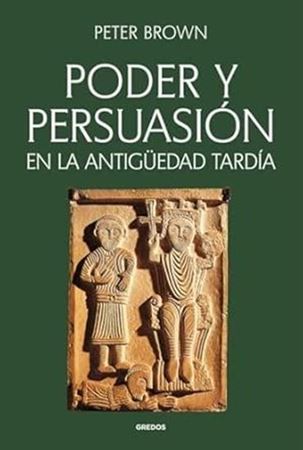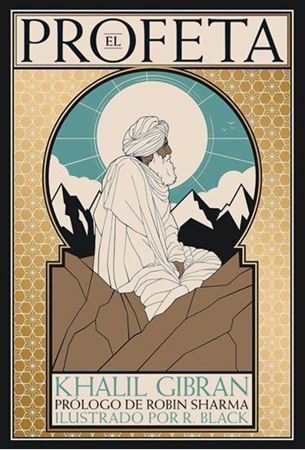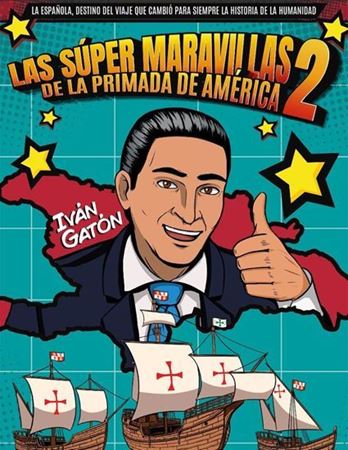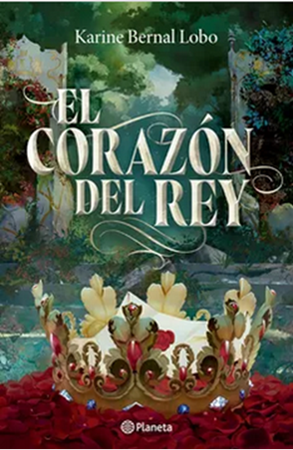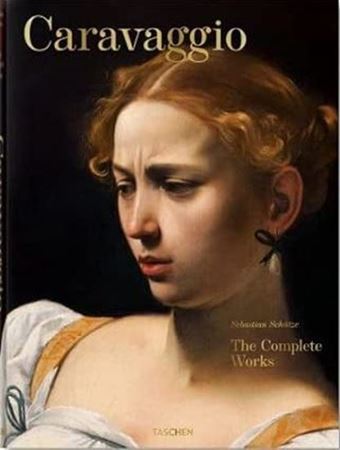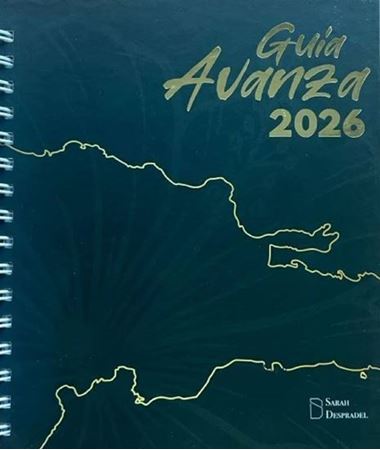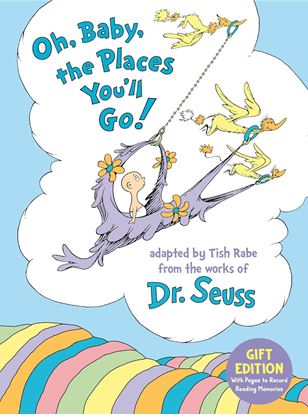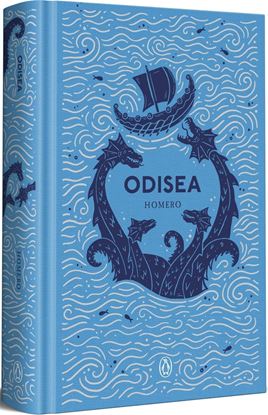

NOVEDADES
OH, OH, LEO. ¡AL PARQUE!
Aunque hace un poco de frío, el pequeño Leo se pone su abrigo y sus botas ¡y va al parque para encontrarse con sus amigos! Merendarán, jugarán a la pelota, darán de comer a los patitos ¡y pasarán un día de lo más divertido!
Una nueva colección de libros de cartón con el osito más tierno de Chris Chatterton. Un libro con mecanismos y pestañas ideal para sus pequeñas manitas.
950
713
OH, OH, LEO. ¡AL COLE!
El pequeño Leo ya está listo para comenzar el cole, ¡y no se puede olvidar de su mochila! Nada más llegar, tiene que buscar su etiquetita. Luego podrá aprender, jugar y pintar. Y gracias a sus amigos, ¡será un día genial!
Una nueva colección de libros de cartón con el osito más tierno de Chris Chatterton. Un libro con mecanismos y pestañas ideal para sus pequeñas manitas.
950
713
OH, BABY, THE PLACES YOU'LL GO! GIFT
Written to be read aloud to babies and babies-to-be (yes, babies in utero!) the book includes an introduction by Mrs. Dr. Seuss Audrey Geisel revealing how she and Theodor were fascinated by the idea that babies could hear sounds while still in the womb. With sixteen pages featuring guided prompts and Seussian illustrations for parents to record their child’s first memories of reading, this warm and winsome welcome to the world of Dr. Seuss will be cherished for generations!
1,450
1,088
OH OH LEO. AL BAÑO
El pequeño Leo ha pasado un día genial: corriendo bajo la lluvia, saltando en charcos de barro… y al llegar a casa, ¡es hora del baño! Fuera botas, chaqueta y pantalón. Y a la bañera, con agua y jabón.
Una nueva colección de libros de cartón con el osito más tierno de Chris Chatterton. Un libro con mecanismos y pestañas ideal para sus pequeñas manitas.
950
713
OH OH LEO. A DORMIR
A Leo le toca irse a la cama, pero antes, tiene que ponerse el pijama. Se lava los dientes y le pide a mamá un cuento de buenas noches antes de dormir. Así Leo se acuesta mucho más feliz.
Una nueva colección de libros de cartón con el osito más tierno de Chris Chatterton. Un libro con mecanismos y pestañas ideal para sus pequeñas manitas.
850
638
ODISEA (ED.ESPECIAL) (TD) (BOL)
El viaje de Ulises se ha convertido en un mito universal y la Odisea en una lectura para todos los tiempos. Tras una década de guerra, una ofensa al dios Poseidón ha alejado de su reino al astuto héroe otros diez años, condenado a navegar sin rumbo y a sufrir las más diversas vicisitudes. La Odisea, que sucede a la caída de Troya, sigue los pasos de Ulises -el nombre latino de Odiseo, que esta traducción adopta- y nos acerca al relato de su largo peregrinaje para volver al hogar, Ítaca. Los mitos que configuran esta gran epopeya, la capacidad de Homero para retratar la vida en el Mediterráneo a finales del 2000 a.C. y la irrupción de un héroe deseoso de regresar a la patria han dejado huella en los grandes autores de la literatura -de Virgilio a Joyce- y han convertido la Odisea en una pieza clave de la cultura universal.
1,250
938


